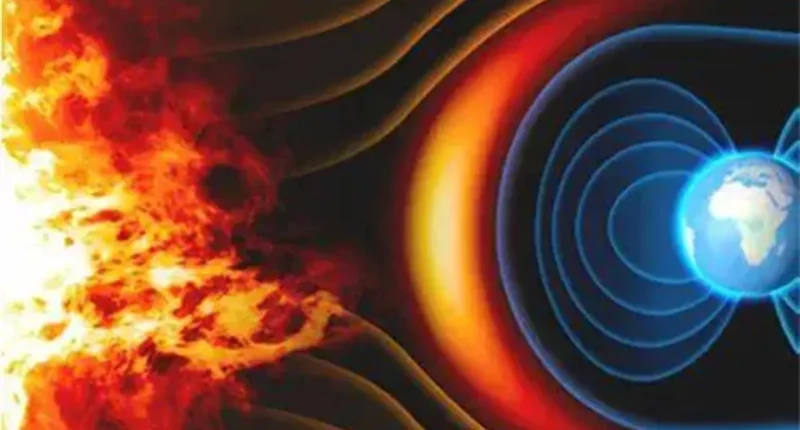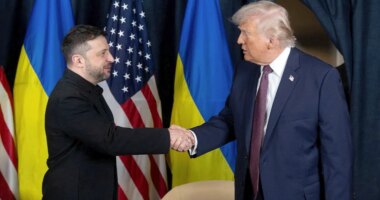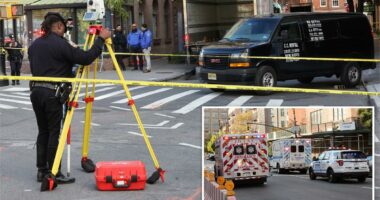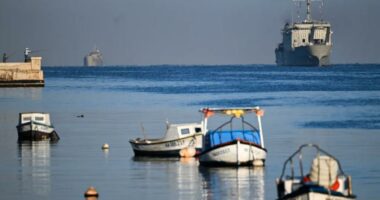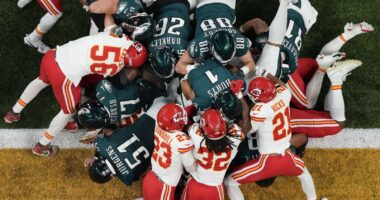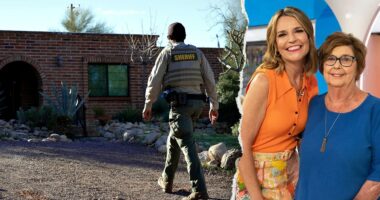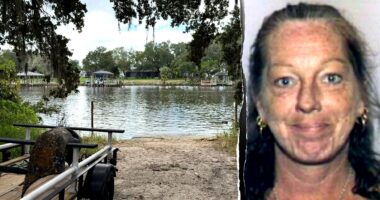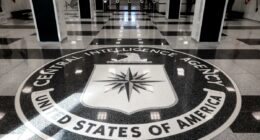Share this @internewscast.com
William R. Forstchen, an author known for his bestselling book “One Second After,” is seeing his work adapted into a feature film. The novel envisions the catastrophic impact of an EMP (electromagnetic pulse) strike on the U.S.
The screenplay will be written by renowned sci-fi writer J. Michael Straczynski, with Forstchen himself serving as an executive producer.
Fox News Digital engaged with Forstchen to discuss the real-world influences for his novel and why he believes an EMP attack is a real danger, not merely a fictional scenario.
“My goal was to create a very precise and accurate depiction of what would occur in a small town in North Carolina if the power went out and never returned,” he explained.
Forstchen, citing Congressional reports from 2002 and 2008, said that 80% to 90% of Americans would be dead a year later if an EMP strike were to happen.
“The threat of an EMP was first realized during the 1962 Starfish Prime high-altitude nuclear test. What happened was that it blew about 500 miles away from Hawaii and 200 miles up,” he said. “They were able to bring the system back within a matter of days, but what would it be like if it took a month, six months, a year, or five years to fix?”
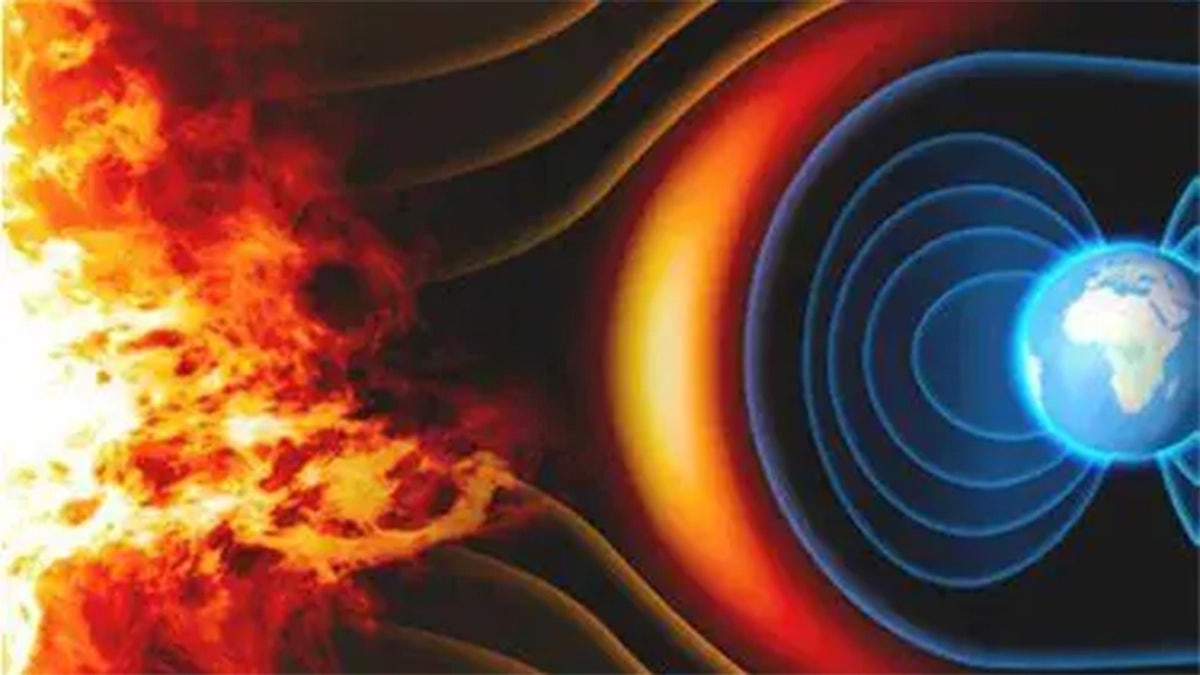
A geomagnetic disturbance is a temporary disturbance of the Earth’s magnetosphere caused by a solar wind shock wave and/or cloud of magnetic field that interacts with the Earth’s magnetic field. (Department of Homeland Security)
The late Peter Pry, a nuclear weapons expert and former staff director at the Congressional EMP Commission, agreed. Before his death in 2022, Pry warned that Kim Jong Un’s launch of a high-altitude ballistic missile was a test of North Korea’s EMP capabilities against the United States.
“Cars would be paralyzed,” Pry told Fox Business in May 2017. “Airplanes could fall out of the sky. You’d have natural gas pipeline explosions, nuclear reactor overloads. And worst of all, if you had a protracted blackout, it would be a serious threat to the survival of the American people.”
